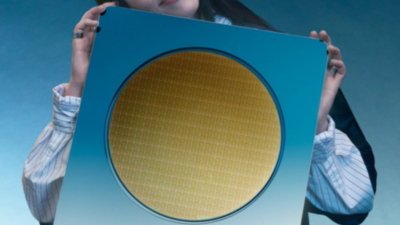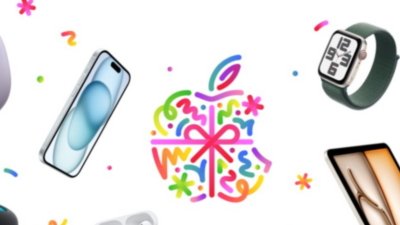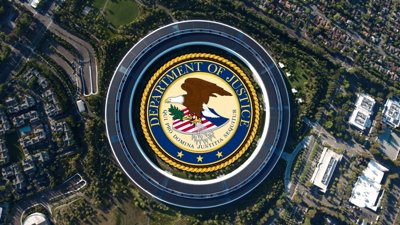St. Clair Intellectual Property Consultants, a Grosse Point, Mich., company, has alleged that Apple is in violation of four digital imaging related patents owned by the company. Awarded from 1992 to 2001, they are U.S. Patent Nos. 5,138,459 ("Electronic Still Video Camera with Direct Personal Computer (PC) Compatible Digital Format Output"); 6,094,219 ("Electronic Still Video Camera with Direct Personal Computer (PC) Compatible Digital Format Output"); 6,233,010 ("Electronic Still Video Camera with Direct Personal Computer (PC) Compatible Digital Format Output"); and 6,323,899 ("Process for Use in Electronic Camera").
"Apple has made, offered to sell, imported, used and/or sold in this judicial district and elsewhere in the United States, digital cameras that directly, contributorily, or by inducement infringe one or more of the patents-in-suit," the complaint alleges.
The company states that in 2003 it was awarded $25 million in a lawsuit against Sony Electronics and Sony Corporation of America regarding the same patents. In 2004, a jury awarded $34.7 million to St. Clair in its complaint against Canon USA. A separate 2004 suit against Fuji resulted in an award of $3 million in damages over the patents in question.
Other suits were filed against a variety of companies, including Nokia, Hewlett-Packard, Kodak, Verizon, Motorola, Sanyo, Research in Motion, to name a handful. In many of the complaints, including ones where damages were awarded, the defendants reportedly opted to enter into licensing agreements with St. Clair.
The complaint against Apple, the only named defendant in the suit, was filed Monday in a U.S. District Court in Delaware. St. Clair has alleged that it is entitled to damages for what it believes is Apple's violation of its four owned patents.
"The infringement by Apple of the patents-insuit has injured St. Clair and will cause St. Clair added irreparable injury and damage in the future unless Apple is enjoined from the infringing patents-in-suit," the complaint states.
The suit does not specify which hardware is believed to be in violation of the patents, whether it be iSight cameras on Macs, the point-and-shoot capabilities on the iPhone, or the video camera recently added to the iPod nano.
In its annual Form 10-K filing with the U.S. Securities and Exchange Commission for the fiscal year 2009, Apple stated it is currently defending itself from more than 47 patent infringement cases. Twenty-seven of those were filed during the 2009 fiscal year.
"Regardless of merit," Apple said, "responding to such claims can consume significant time and expense."
 Neil Hughes
Neil Hughes













 Andrew Orr
Andrew Orr
 Amber Neely
Amber Neely

 William Gallagher
William Gallagher


 Christine McKee
Christine McKee
 AppleInsider Staff
AppleInsider Staff








28 Comments
Since the camera's are sourced elsewhere, and not designed or manufactured by Apple, how can this have merit? It's like as if Apple used Nikon cameras and they sue Apple instead of Nikon. This is ridiculous.
should be
Is there a lawsuit for that?
EEeeekkkkkKKK!
Delaware- not good.
Michigan- needs money.
Regardless - this is getting out of control. It's like one a week! Sounds like these guys have built up a list of victims.
My question is this:
Are there companies out there who build nothing but simply patent ideas, knowing that eventually other companies will develop similar ideas, build them and become potential lawsuit targets?
I don't know anything about patents, but this company - http://stclairipc.com/ - doesn't seem to make a single thing??
Is this like those web companies that buy up domain names and then resell them for absurd profits when a legit company actually needs one?
Or is St Claire legit and is Apple just sloppy?
This county must do something about worthless, over-broad language patents and the parasite companies that buy them up, produce absolutely nothing, but then want millions in "licensing fees". We're setting ourselves up as a has-been nation where nobody will want to actually take the time to innovate new products lest they be sued for infringing on that patent for "a device that does something somewhere regarding digital information manipulation for the purpose of user experience enhancement".
Give me a break.
Patents need to be far more difficult to get, IMHO, and software shouldn't be patentable at all.